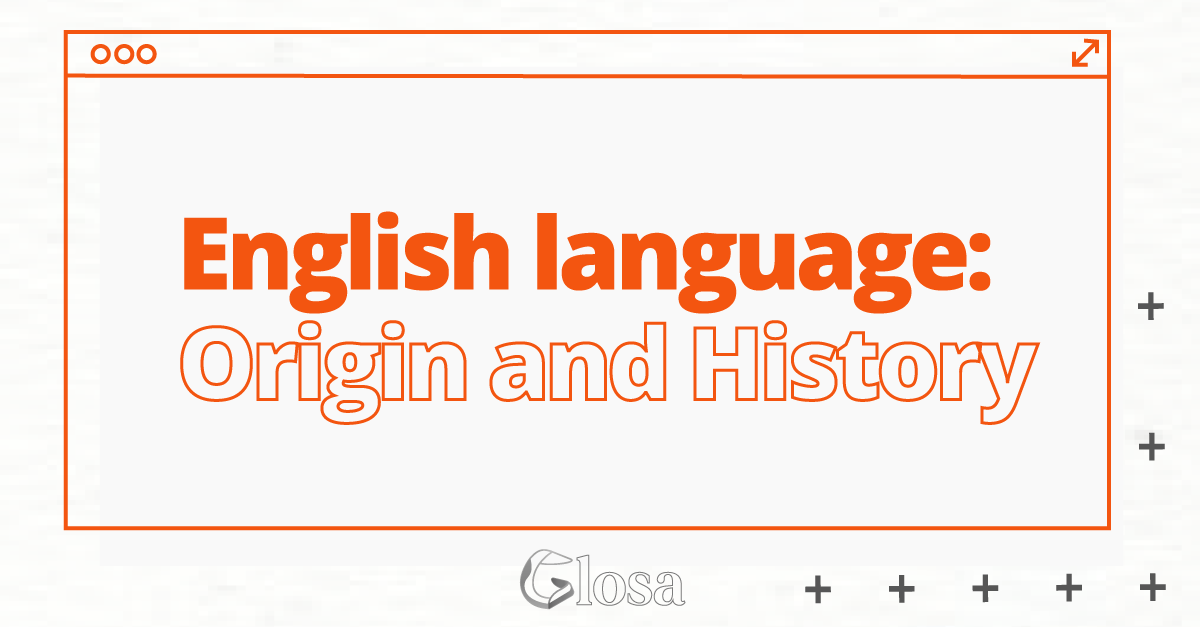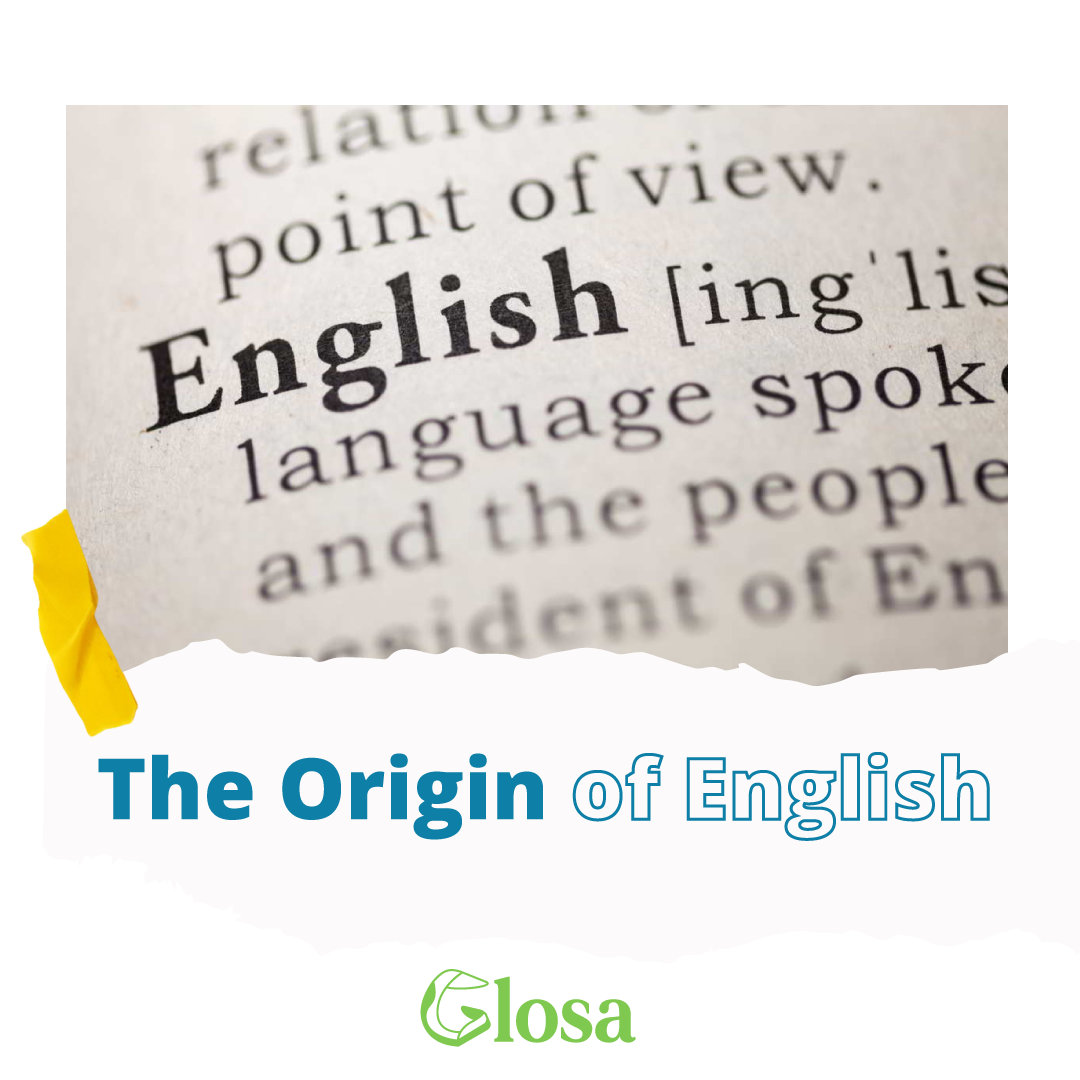The mix of influences that makes grammar rules so flexible
~Podés leer este texto en castellano más abajo~
Have you ever wondered why there are so many things in the English language that don’t seem to follow any specific rules? Have you ever noticed that many languages seem to have a ‘cousin’ (for example, Spanish and Italian) while English has no language similar to it? Have you ever been frustrated by how differently two words in English with the exact same spelling are pronounced sometimes? There is a reason for all of this.
Most languages, while evolving over time and sometimes containing different dialects, have one main influence from which its main rules and spellings derive. The Spanish language, for example, has Latin, as do French, Italian and Portuguese. In the case of the English language, however, its influences are numerous and have been from its very origin.
In its earliest history, the constant invasions and conquests of the British Isles created a juxtaposition of languages. Celtic languages like Gaelic, Welsh and Brittonic received the influence of Anglo-Saxons who came from what is nowadays Germany and Denmark. Viking invasions brought their Scandinavian and Norman influence into the language as well, leaving behind words like ‘castle’, ‘cauldron’ or ‘catch’, which are still currently used. Latin also played a part in the origins of English, since part of the British islands, specifically the South of England, were once part of the Roman Empire.
As time went by, because of wars and crusades (for example, the Conquest of America) and cultural or technologic advances (for example, the Renaissance or the Industrial Revolution), the English language adopted more and more terms from other languages. It is said that the biggest influences in Modern English (the version of English spoken today) are: French, Germanic Languages (like German, Dutch, etc.), and Latin, together with its original Celtic languages.
But this is only Britain! Let’s not forget that across the Atlantic Ocean there is another very popular country that has English as their first language. The United States have been the main destination for immigrants all over the world (Ireland, France, Italy, Latin America, to name a few), giving American English its own share of influences which thanks to globalization (especially TV shows and movies) are now spoken worldwide.
So how can we see all of these influences in the way we speak English? Here are some examples:
- French: aside from many other terms, this language has contributed many words related to how food and how it is prepared; for example: beef, pork, boil, fry and stew. It has also contributed terms related to nobility; for example: prince, duke, marquess, viscount and baron.
- Scandinavian: many words such as nouns (school, knife, husband, reindeer, etc.), adjectives (awkward, happy, ill, weak, etc.) and verbs (call, scrape, hit, want) derive from Scandinavian languages. Another big contribution of theirs is the term ‘they’ (third person plural).
- Latin: most of its direct influence is found on terms used in science, medicine, academyics and law; for example: literary, solar, lunar, capital, digital, oral, etc.). It’s hard to pinpoint Latin’s contributions because there are also words in the English language that come from its derivatives, like Spanish, French and Italian, rather than from Latin itself.
SOURCES:
WIKIPEDIA – Foreign language influences in English
ENGLISHCLUB.COM – History of English

El origen del inglés
La combinación de influencias que hace que las reglas gramaticales sean tan flexibles
¿Alguna vez te preguntaste por qué hay tantas cosas en el idioma inglés que no parecen seguir ninguna regla específica? ¿Alguna vez notaste que muchos idiomas parecen tener un «primo» (por ejemplo, español e italiano) mientras que el inglés no tiene un idioma similar? ¿Alguna vez te sentiste frustrado por la diferencia con la que a veces se pronuncian dos palabras en inglés con la misma ortografía exacta? Hay una razón para todo esto.
La mayoría de los idiomas, aunque evolucionan con el tiempo y, a veces, contienen diferentes dialectos, tienen una influencia principal de la que derivan sus principales reglas gramaticales y ortografías. El idioma español, por ejemplo, tiene el latín, al igual que el francés, el italiano y el portugués. En el caso de la lengua inglesa, sin embargo, sus influencias son numerosas y lo fueron desde su mismo origen.
En sus comienzos, las constantes invasiones y conquistas de las Islas Británicas crearon una yuxtaposición de idiomas. Las lenguas celtas como el gaélico, el galés y el británico recibieron la influencia de los anglosajones que venían de lo que hoy es Alemania y Dinamarca. Las invasiones vikingas también trajeron su influencia escandinava y normanda al idioma, dejando atrás palabras como «castillo», «caldero» o «captura», que todavía se utilizan actualmente. El latín también jugó un papel importante en los orígenes del inglés, ya que parte de las islas británicas, específicamente el sur de Inglaterra, alguna vez fueron parte del Imperio Romano.
Con el paso del tiempo, debido a guerras y cruzadas (por ejemplo, la Conquista de América) y avances culturales o tecnológicos (por ejemplo, el Renacimiento o la Revolución Industrial), el idioma inglés adoptó cada vez más términos de otros idiomas. Se dice que las mayores influencias del inglés moderno (la versión del inglés que se habla hoy en día) son: francés, lenguas germánicas (como alemán, holandés, etc.) y latín, junto con sus lenguas celtas originales.
¡Pero esto es solo Gran Bretaña! No olvidemos que al otro lado del Océano Atlántico hay otro país muy popular que tiene el inglés como primer idioma. Estados Unidos fue el principal destino de inmigrantes en todo el mundo (Irlanda, Francia, Italia, América Latina, por nombrar algunos), dando al inglés americano su propia cuota de influencias que gracias a la globalización (especialmente programas de televisión y películas) se habla en todo el mundo.
Entonces, ¿cómo podemos ver todas estas influencias en la forma en que hablamos inglés? Aquí hay unos ejemplos:
– Francés: además de muchos otros términos, este idioma ha aportado muchas palabras relacionadas con cómo se prepara la comida; por ejemplo: ternera, cerdo, hervir, freír y guisar. También ha aportado términos relacionados con la nobleza; por ejemplo: príncipe, duque, marqués, vizconde y barón.
– Escandinavo: muchas palabras como sustantivos (escuela, cuchillo, marido, reno, etc.), adjetivos (torpe, feliz, enfermo, débil, etc.) y verbos (llamar, raspar, pegar, querer) derivan de las lenguas escandinavas. Otra gran contribución de ellos es el término «ellos» (tercera persona del plural).
– Latín: la mayor parte de su influencia directa se encuentra en términos utilizados en ciencia, medicina, academia y derecho; por ejemplo: literario, solar, lunar, capital, digital, oral, etc.). Es difícil precisar las contribuciones del latín porque también hay palabras en el idioma inglés que provienen de sus derivados, como español, francés e italiano, en lugar del latín mismo.
FUENTES:
WIKIPEDIA – Influencias de lenguas extranjeras en inglés (Foreign language influences in English)
ENGLISHCLUB.COM – Historia del inglés (History of English)
Si te gustó esta nota dejanos un comentario o compartila en las redes y etiquetanos así nos enteramos
Conocé más sobre nosotros en nuestra Página Web, Instagram, Facebook, LinkedIn, Blog, TikTok, Lasso, y aprendé inglés online.
Sumate a nuestro newsletter para recibir novedades sobre nuestros cursos.
Gracias a Camila Binetti por la nota, Araceli Sabransky por las publicaciones para instagram, y Christian Trappani por la organización.
#learnenglishathome #learnenglishforfree #aprenderinglesya #aprendaingles #aprenderinglesgratis #aprenderingles #aprenderinglesonline #aprenderinglesvirtual #inglesfacil #inglesintermedio #inglesonline #inglesencasa #inglesvirtual
